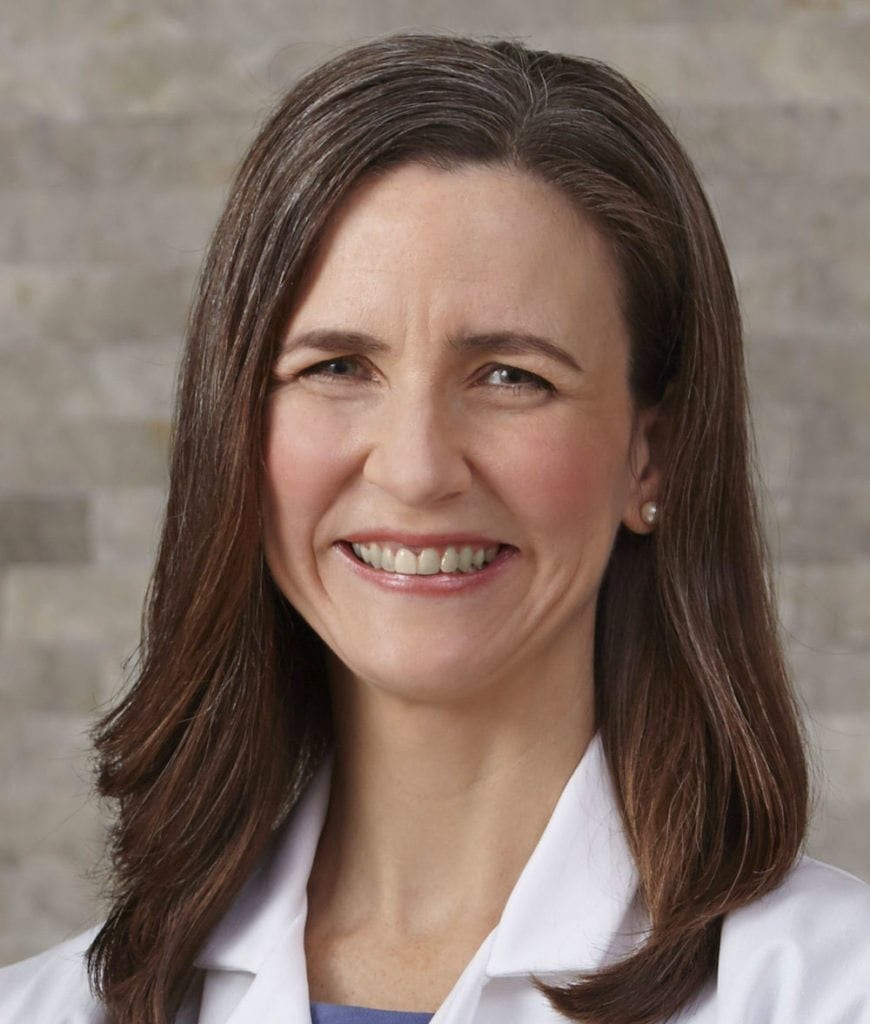 Late in 2017, the media picked up on a study published in the New England Journal of Medicine that linked hormonal contraceptives, like the pill and some intrauterine devices (IUDs), with a higher risk of breast cancer.
Late in 2017, the media picked up on a study published in the New England Journal of Medicine that linked hormonal contraceptives, like the pill and some intrauterine devices (IUDs), with a higher risk of breast cancer.
After hearing this news, you might be concerned about whether your family planning choices might increase your cancer risk. Here’s what I explain to my patients.
Look at all the facts
First, some of the news stories did not report the actual numbers behind the increased risk. The study estimates that for every 7,690 women using hormonal contraception for a year, one woman may develop breast cancer as a result.
And keep in mind that oral contraceptives also have positive health benefits. Studies have found that while oral contraceptives may increase your risk of breast and liver cancer, they may reduce your risk of ovarian, endometrial, and colon and rectal cancer. In fact, they may reduce your overall risk of developing cancer.
Plus, oral contraceptives are linked with other health benefits that might matter to you. They can reduce:
- Cramps
- Prolonged or heavy bleeding
- Anemia
- Ovulation pain
- Cysts
- Rates of ectopic pregnancy
- Pelvic inflammatory disease
- Polycystic ovary syndrome
- Acne
- Endometriosis
- Loss of bone density
Pregnancy carries risks, too
It’s also important for you to keep in mind that while pregnancy and childbirth are generally safe, they do carry their own health risks. Pregnant women may develop anemia, urinary tract infections, mental health conditions, hypertension, diabetes, obesity, and infections. And, for every 100,000 babies born in the United States, 28 mothers die as a result of complications.
But,pregnancy can reduce your risk of breast cancer: Having children at a younger age, having multiple children, and breastfeeding can all reduce your risk.
What’s best for you?
So, how do you sort it all out? How do you balance the health risks and benefits of various types of contraception with your need to plan the timing and size of your family?
Unless you’re at high risk for breast cancer, I recommend choosing the birth control method that’s right for the stage of life you are in and the other health concerns you face. Your reproductive years will last a long time, and you’ll likely choose different family planning methods at different times:
- Younger women who don’t anticipate starting a family soon might choose implants, shots, or patches.
- Women who are concerned about contracting sexually transmitted diseases will need partners who use condoms.
- Women who want the flexibility of ending contraceptive use might choose oral contraceptives.
- Women who are spacing their children might want an IUD.
- Women who feel their families are complete may want a permanent form of contraception for themselves or their partners.
Share your concerns about contraception with your doctor and together you can come up with the choice that’s best for you.

Valerie Gorman, MD, FACS, is a breast cancer surgeon. She is board certified by the American Board of Surgery and serves as Chief of Surgery and Medical Director of Surgical Services at Baylor Scott & White Medical Center – Waxahachie. She is the Clinical Assistant Professor of Medical Education position at the Texas A&M University College of Medicine.
- Certificate, Physician Leadership Program, Southern Methodist University, Dallas, Texas (2010)
- M.D., University of Texas Southwestern Medical School at Dallas, Texas (June 1999)
- B.S., Biola University, LaMirada, California, (1994) Magna Cum Laude
Major: Biochemistry - Residency in General Surgery, University of Texas Southwestern Medical Center at Dallas, Texas (June 2004)